Mahama admits difficulty dealing with corruption by Presidents
Former President John Mahama has acknowledged that addressing corruption is among the most challenging responsibilities for any president.
He emphasized that the difficulty often arises from the close relationships presidents have with those implicated in corrupt activities.
“An essential aspect of decision-making for presidents is tackling corruption; it’s not as straightforward as it may seem. Frequently, the individuals involved in corruption are those you know well, possibly even members of your own team, who have unfortunately strayed from the right path,” Mahama stated.
He made these remarks during a lecture at Academic City University College, part of a Leadership Seminar Series aimed at cultivating the next generation of African leaders.
The initiative seeks to ensure that the knowledge gained in academic settings is applied to real-world societal issues, providing students with opportunities to engage with distinguished African leaders from various sectors, including politics, innovation, education, and industry.
During his address, Mahama discussed the importance of having the courage to take action against corruption as a deterrent to others.
He recounted two specific instances from his presidency where he had to confront corruption: in one case, a minister resigned after an investigation revealed improper procurement processes; in another case, a different official was imprisoned but later pardoned on health grounds.
“There was a procurement issue where the minister failed to follow proper procedures, leading to accusations that costs were significantly inflated, which resulted in a major scandal for the government. I instructed the Attorney General and Chief of Staff to investigate, and their findings confirmed that the procurement processes had not been adhered to correctly. The involved minister subsequently resigned,” Mahama explained.

He criticized the current government’s approach to handling corruption, noting that there seems to be a reluctance to dismiss individuals accused of corrupt practices.
”Unfortunately, this is part of the challenges we face today; the President cannot remove those accused of corruption. Mahama stressed that leadership entails accepting responsibility and making informed decisions.
“As a leader, you are expected to take responsibility for your position. People look up to you for guidance and decisive action because effective decision-making is impossible without acknowledging your accountability,” he added.
In related discussions, Mahama also touched on issues surrounding the Ghana Card and its implications for voter registration in upcoming elections. The Electoral Commission (EC) has repeatedly assured Ghanaians that it will not use the Ghana Card as the sole identification document for the 2024 general elections. However, concerns persist regarding potential disenfranchisement if it becomes mandatory.
Dr. Kwadwo Afari-Gyan, a former chairman of the EC, warned that relying solely on the Ghana Card could disenfranchise millions of citizens and urged Parliament to reconsider this approach before granting approval.
Mr. Bagbin emphasized that maintaining the independence of government branches is crucial for effective governance and that all arms must collaborate effectively since Parliament plays a pivotal role in establishing such commissions.

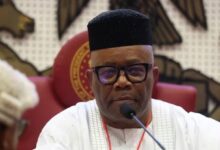

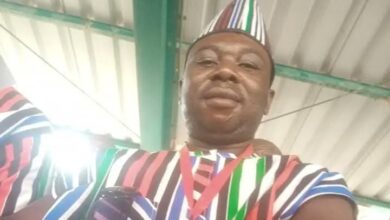
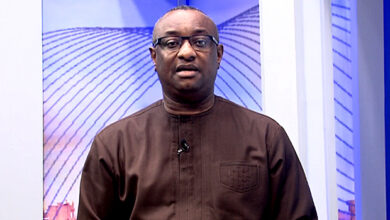
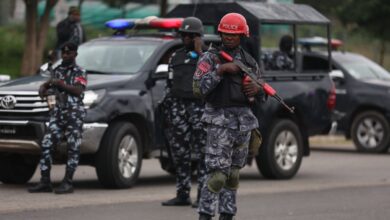


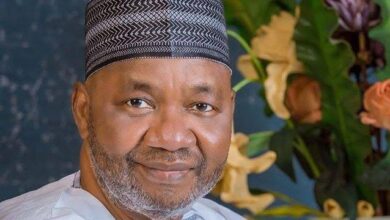
One Comment